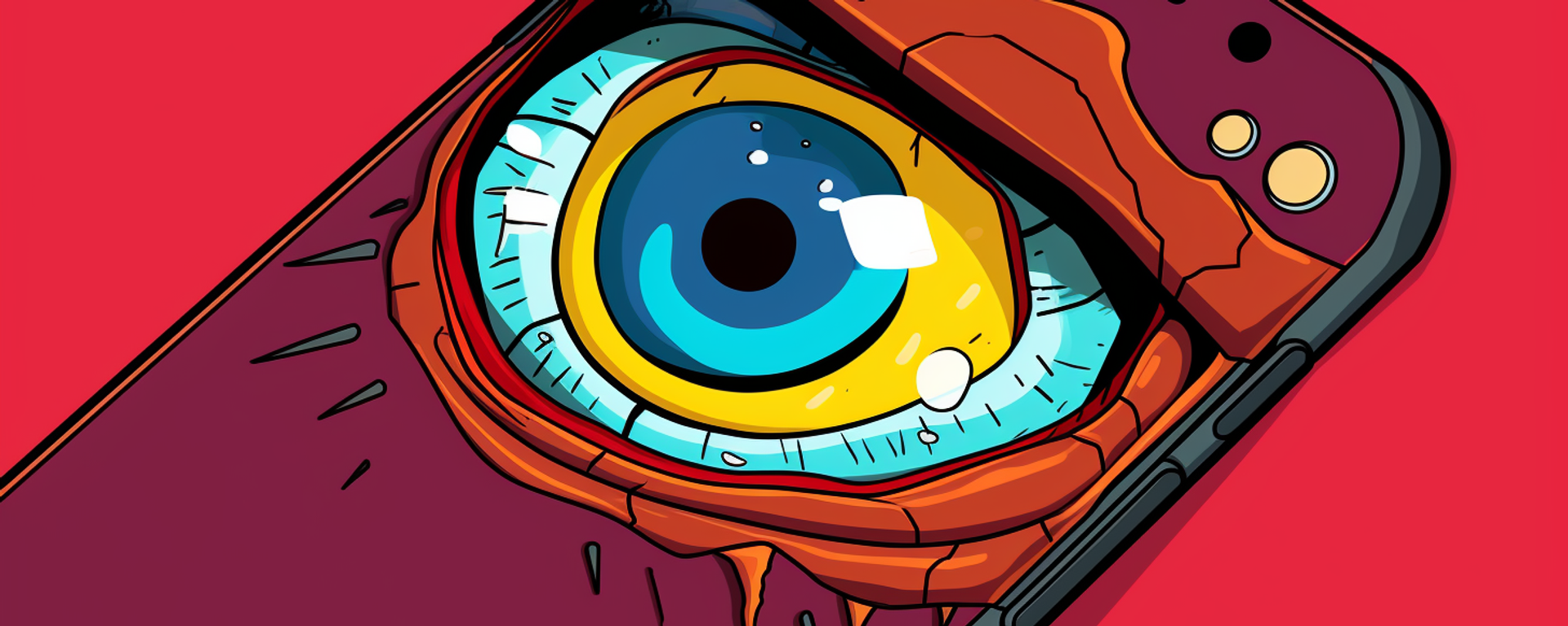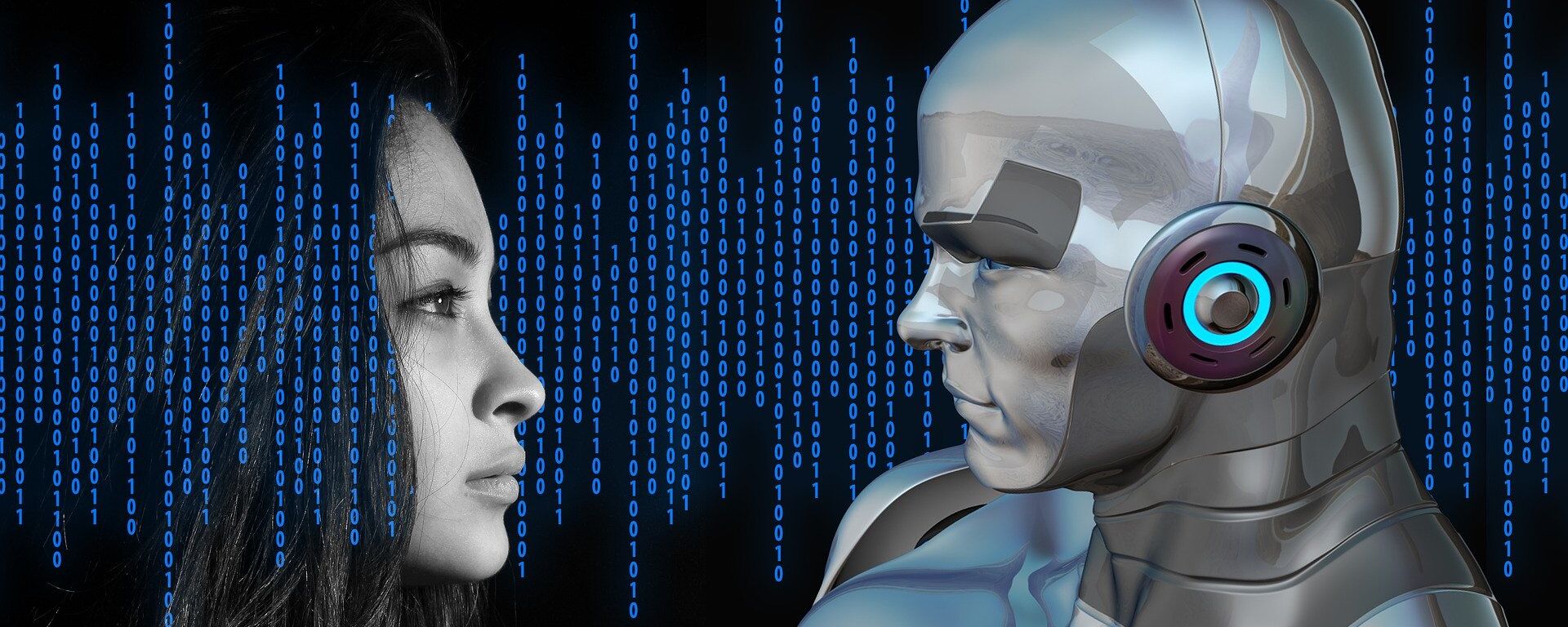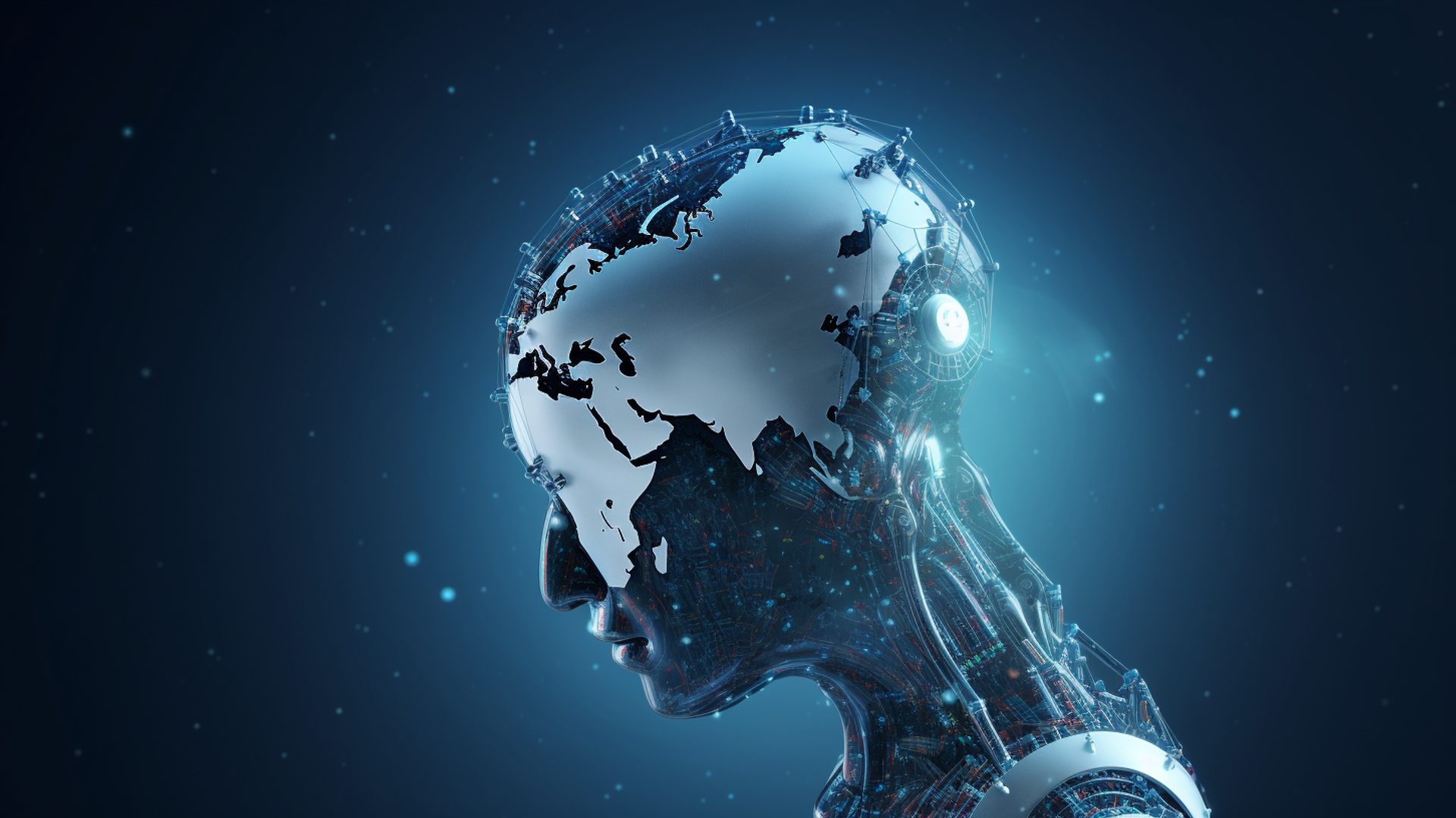https://sputnikglobe.com/20240313/eu-beats-us-to-devise-first-ai-rulebook-1117306274.html
EU Beats US to Devise First AI 'Rulebook'
EU Beats US to Devise First AI 'Rulebook'
Sputnik International
The European Union has passed Artificial Intelligence Act governing use of the technology.
2024-03-13T17:47+0000
2024-03-13T17:47+0000
2024-03-13T17:47+0000
beyond politics
artificial intelligence
openai
thierry breton
european union (eu)
https://cdn1.img.sputnikglobe.com/img/07e7/05/08/1110205255_3:0:1454:816_1920x0_80_0_0_1fcf5a9f4972c2af13ac1979e47fbfd9.png
The European Union boasts that it has beaten the US in the race to regulate how Artificial Intelligence can be used.Debate has raged for months about balancing the tremendous potential of AI with the dangers it might pose if allowed to rapidly develop unhindered.But the EU now claims to have solved the conundrum, with the use of AI in fields from policing to healthcare set to be governed across the bloc by new legislation. Tough negotiations between governments and parliamentarians resulted in the Artificial Intelligence Act being passed by a vote of 523 to 46 on Wednesday."Europe is now a global standard-setter in trustworthy AI," claimed Thierry Breton, the internal market chief for the European Commission, the appointed body which drafts all legislation for the European Parliament to vote on. The legislation would impose bans on some “unacceptable” AI uses of the technology and put limits on “high-risk” applications — those in the fields of education, work or critical infrastructure management.The legislation will ban:Other regulations set down in the EU AI Act will:The bill is due to be ratified by the European Council — the meeting of EU member-states' heads of government — in April, and come into force at the end of 2024. Some of the more general-purpose AI rules can be expected to be applied in early 2025, with the remainder set aside until a 2026 application deadline.In the meantime, companies will be able to rely on the intermediate "AI Pact" to find out what lies in store for them regarding AI use.
https://sputnikglobe.com/20240116/imf-warns-that-ai-could-impact-jobs-worldwide-worsen-inequality-and-social-unrest-1116187974.html
https://sputnikglobe.com/20231209/eu-strikes-worlds-first-sweeping-ai-regulation-deal--1115496529.html
Sputnik International
feedback@sputniknews.com
+74956456601
MIA „Rossiya Segodnya“
2024
News
en_EN
Sputnik International
feedback@sputniknews.com
+74956456601
MIA „Rossiya Segodnya“
Sputnik International
feedback@sputniknews.com
+74956456601
MIA „Rossiya Segodnya“
european union ai law, new eu law to regulate use of ai, artificial intelligence act, what are the dangers of ai, is ai a threat to mankind
european union ai law, new eu law to regulate use of ai, artificial intelligence act, what are the dangers of ai, is ai a threat to mankind
EU Beats US to Devise First AI 'Rulebook'
A European Union (EU) law regulating Artificial Intelligence was first drafted in 2021, when generative AI tools like OpenAI's ChatGPT hit the headlines. But critics warned that a heavy-handed approach could stifle Europe's ambitions in the global AI race.
The European Union boasts that it has beaten the US in the race to regulate how
Artificial Intelligence can be used.
Debate has raged for months about balancing the tremendous potential of AI with the dangers it might pose if allowed to rapidly develop unhindered.
But the EU now claims to have solved the conundrum, with the use of AI in fields from policing to healthcare set to be governed across the bloc by new legislation. Tough negotiations between governments and parliamentarians resulted in the Artificial Intelligence Act being passed by a vote of 523 to 46 on Wednesday.
"Europe is now a global standard-setter in trustworthy AI," claimed Thierry Breton, the internal market chief for the European Commission, the appointed body which drafts all legislation for the European Parliament to vote on.
The legislation would impose bans on some “unacceptable” AI uses of the technology and put limits on “high-risk” applications — those in the fields of education, work or critical infrastructure management.

16 January 2024, 03:40 GMT
The legislation will ban:
Social scoring systems powered by AI
Use of biometric-based tools to determine political opinions, race or sexual orientation
Use of AI to interpret people's emotions in an education environment or workplaces
Use of some types of automated profiling to predict likelihood of committing crimes
Other regulations set down in the EU AI Act will:
Require new disclosure requirements from companies such as OpenAI
For all AI-generated deepfakes are to be clearly labeled as such
The bill is due to be ratified by the European Council — the meeting of EU member-states' heads of government — in April, and come into force at the end of 2024. Some of the more general-purpose AI rules can be expected to be applied in early 2025, with the remainder set aside until a 2026 application deadline.
In the meantime, companies will be able to rely on the intermediate "
AI Pact" to find out what lies in store for them regarding
AI use.

9 December 2023, 12:44 GMT




